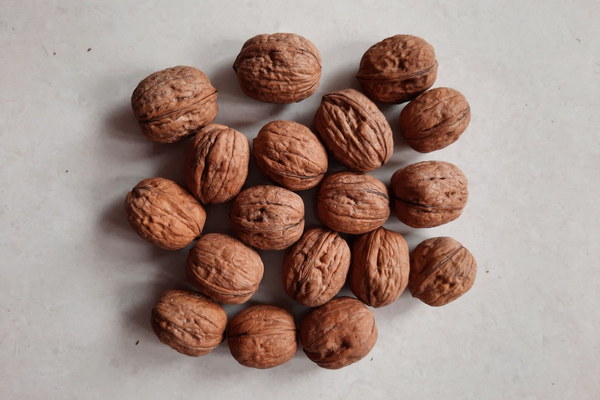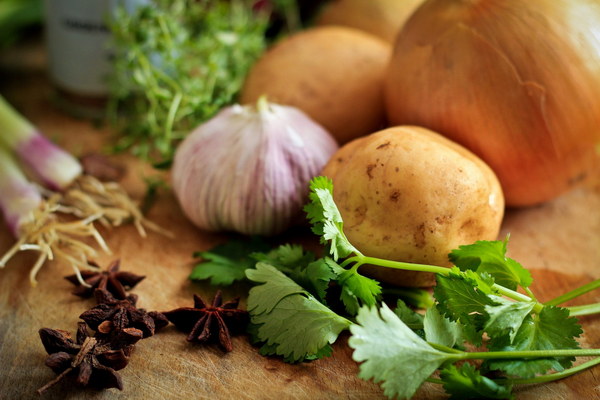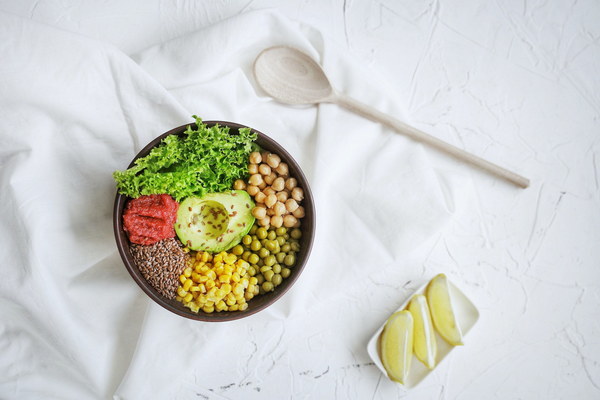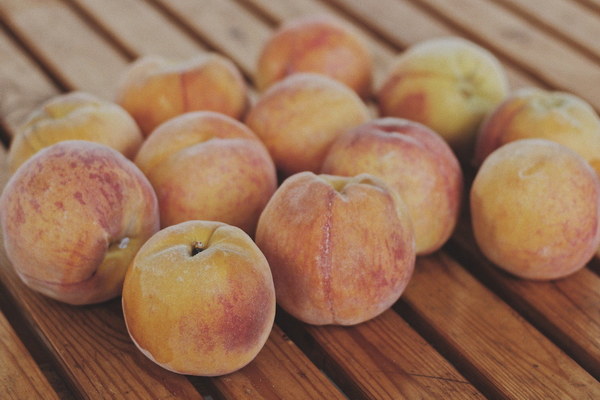Natural Remedies for Pain Relief A Culinary Approach to Alleviate Common Ailments
Introduction:
Pain is a common experience that affects people of all ages and backgrounds. While medication can provide temporary relief, many individuals seek natural remedies to manage pain. One such approach involves using food as medicine. In this article, we will explore different types of pain and their corresponding culinary remedies that can help alleviate discomfort and improve overall well-being.
1. Headaches:
Headaches are one of the most common types of pain. To combat headaches, it is essential to consume a balanced diet rich in essential nutrients. Here are some food-based remedies:
a. Hydration: Dehydration is a common cause of headaches. Drinking plenty of water throughout the day can help prevent headaches and reduce pain.
b. Caffeine: Caffeinated beverages, such as coffee or tea, can help alleviate headaches by constricting blood vessels. However, excessive consumption may lead to withdrawal headaches, so it is essential to maintain a moderate intake.
c. Dark Chocolate: Dark chocolate contains magnesium and flavonoids, which can help reduce inflammation and improve blood flow. Consume a small piece of dark chocolate (at least 70% cocoa) to relieve headache symptoms.
2. Joint Pain:
Joint pain can be caused by various factors, including arthritis, injury, or overuse. Here are some food-based remedies to alleviate joint pain:
a. Omega-3 Fatty Acids: Found in fatty fish such as salmon, mackerel, and sardines, omega-3 fatty acids can help reduce inflammation in the joints.
b. Turmeric: This spice contains curcumin, a compound with anti-inflammatory properties. Incorporate turmeric into your diet by adding it to curries, soups, or smoothies.
c. Cherries: Cherries are rich in antioxidants and have been found to reduce inflammation and alleviate pain associated with arthritis.
3. Muscle Pain:
Muscle pain can result from intense physical activity, injury, or stress. Here are some food-based remedies to ease muscle pain:
a. Magnesium: Magnesium is essential for muscle relaxation and recovery. Foods rich in magnesium include almonds, cashews, and leafy greens. Consuming these foods can help alleviate muscle soreness.
b. Tart Cherries: Tart cherries contain natural painkillers and anti-inflammatory compounds. Drinking tart cherry juice or consuming tart cherry supplements can help reduce muscle pain.
c. Coconut Water: Coconut water is an excellent source of electrolytes and can help replenish fluids lost during intense exercise. Rehydrating with coconut water can help alleviate muscle soreness.

4. Period Pain:
Many women experience period pain, also known as dysmenorrhea. Here are some food-based remedies to help alleviate period pain:
a. Magnesium: Magnesium can help relax the muscles in the uterus, reducing cramping. Foods rich in magnesium include whole grains, legumes, and nuts.
b. Ginger: Ginger has anti-inflammatory properties and can help reduce menstrual pain. Add fresh ginger to tea or consume ginger supplements.
c. Omega-3 Fatty Acids: Omega-3 fatty acids can help reduce inflammation and alleviate period pain. Consume fatty fish, flaxseeds, or chia seeds to increase your omega-3 intake.
Conclusion:
While medication can provide immediate relief from pain, incorporating food-based remedies into your diet can help alleviate discomfort and improve overall well-being. By understanding the specific pain you are experiencing and the corresponding food-based remedies, you can create a personalized culinary approach to pain management. Remember to consult with a healthcare professional before making significant changes to your diet or treatment plan.









